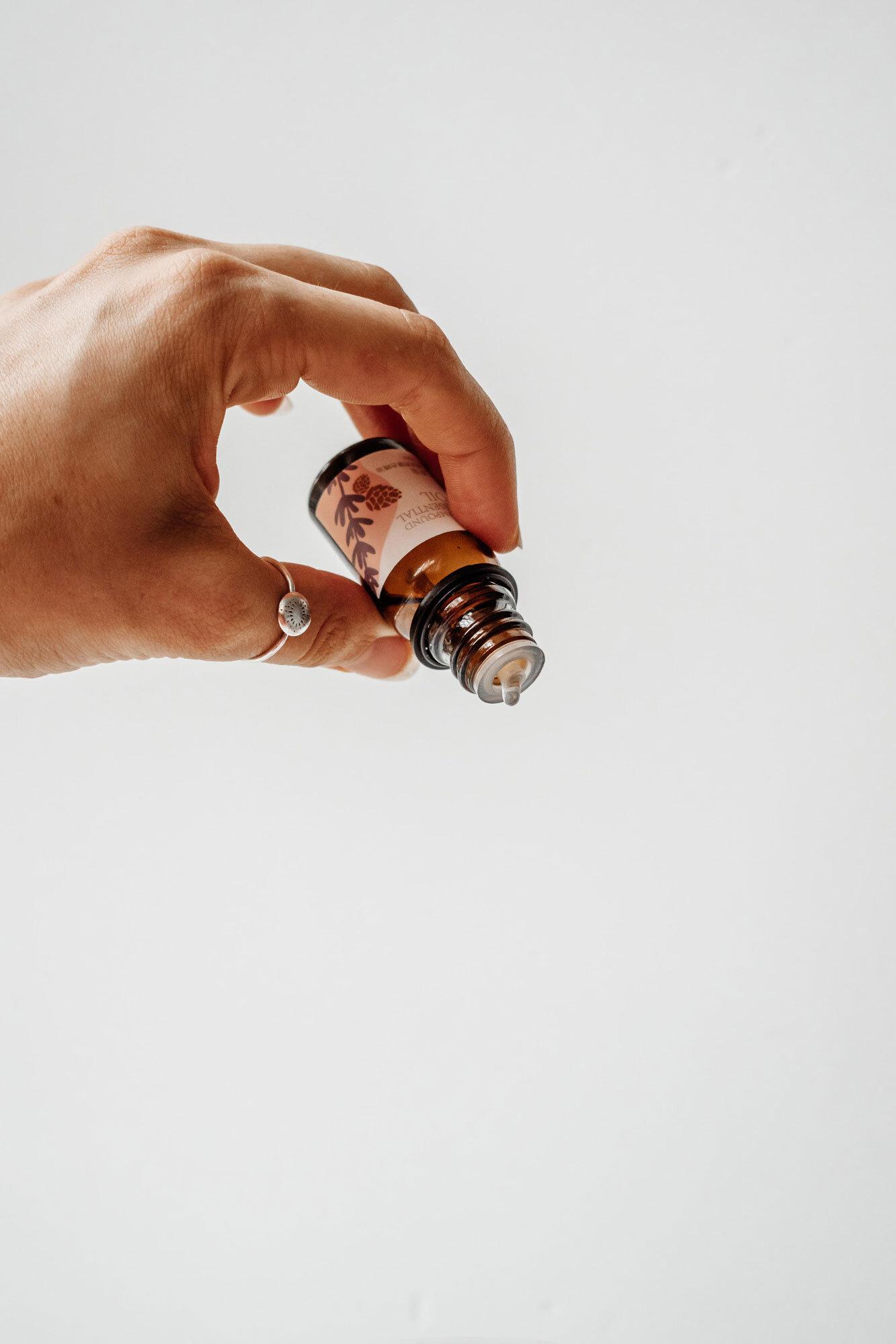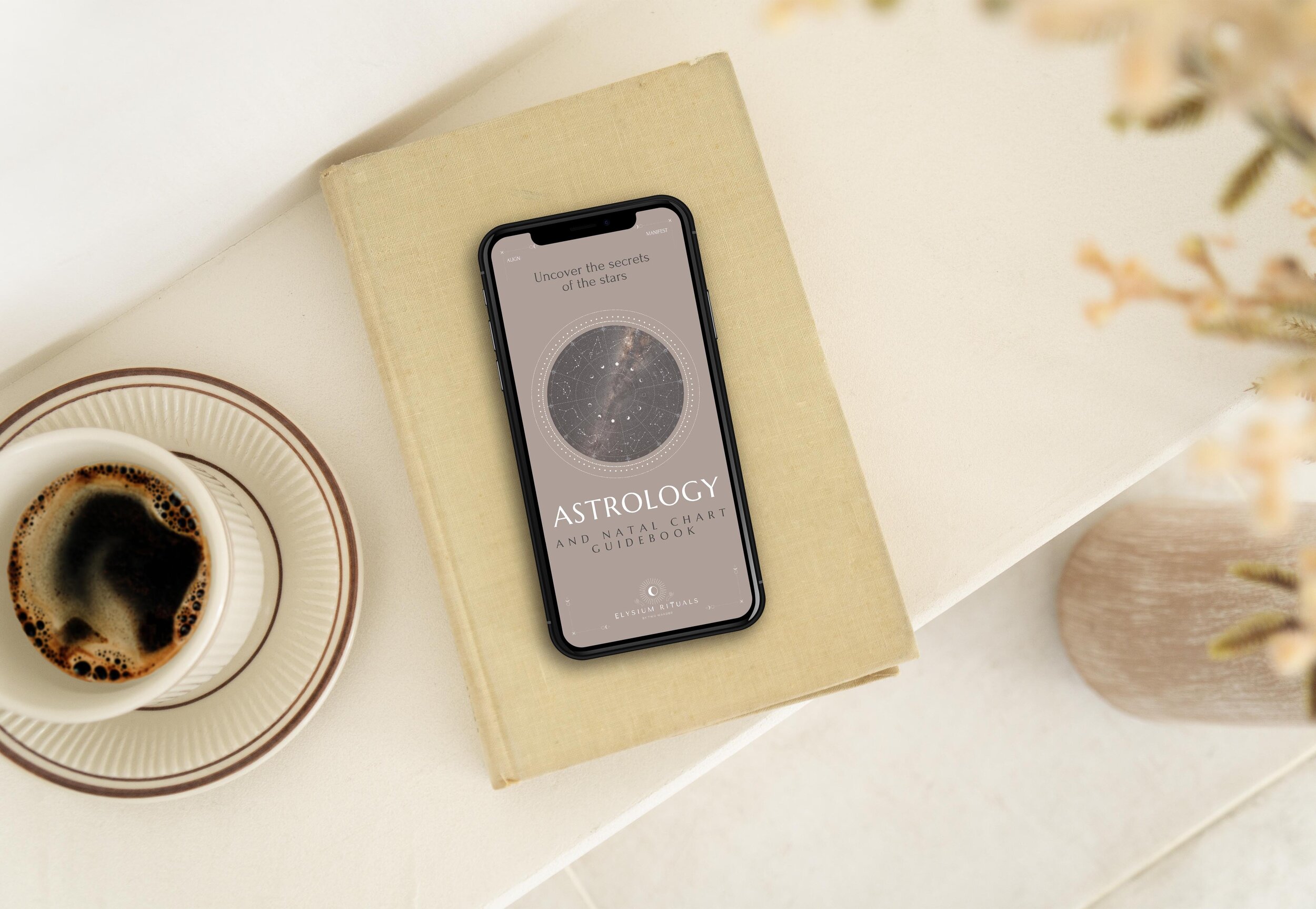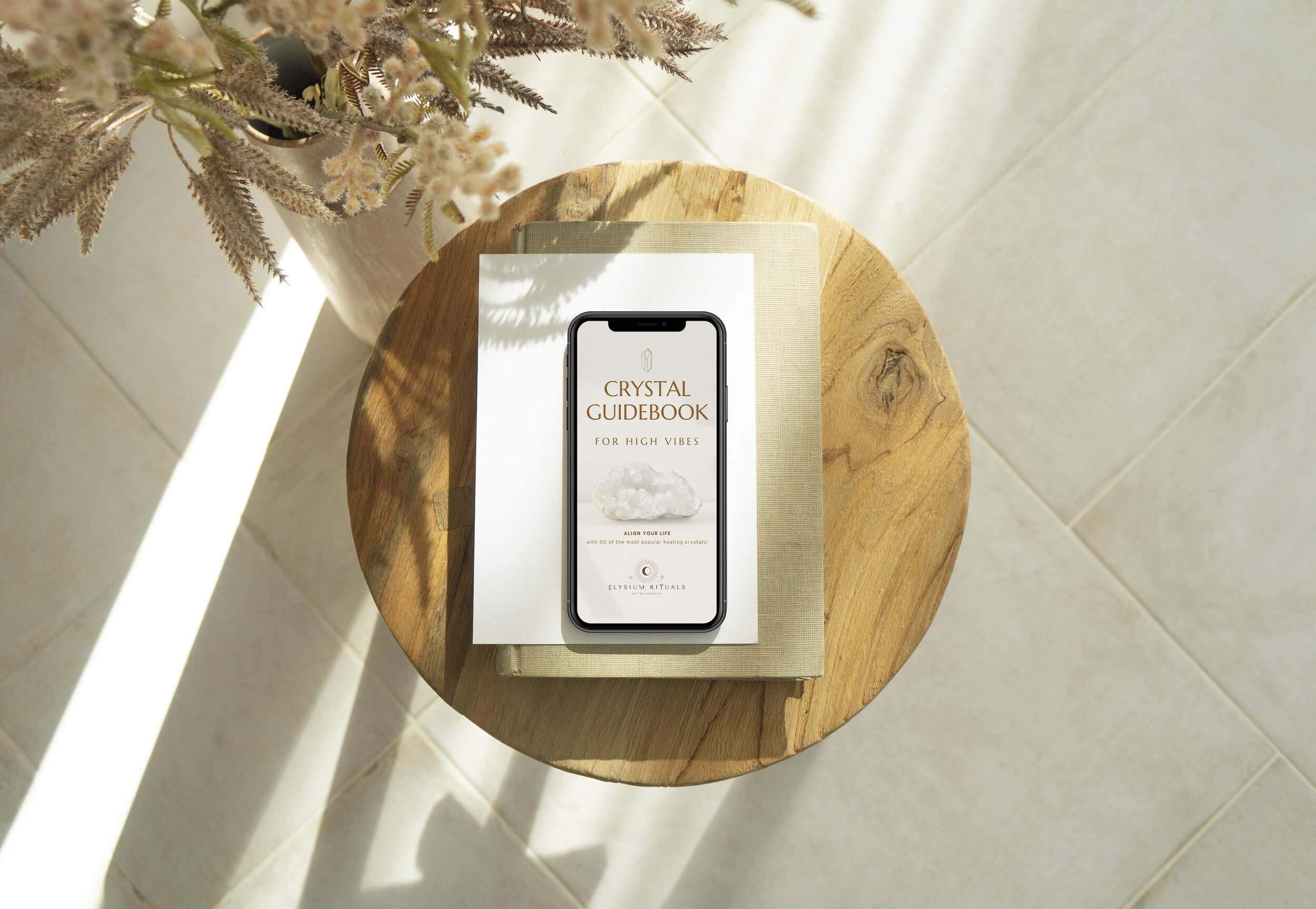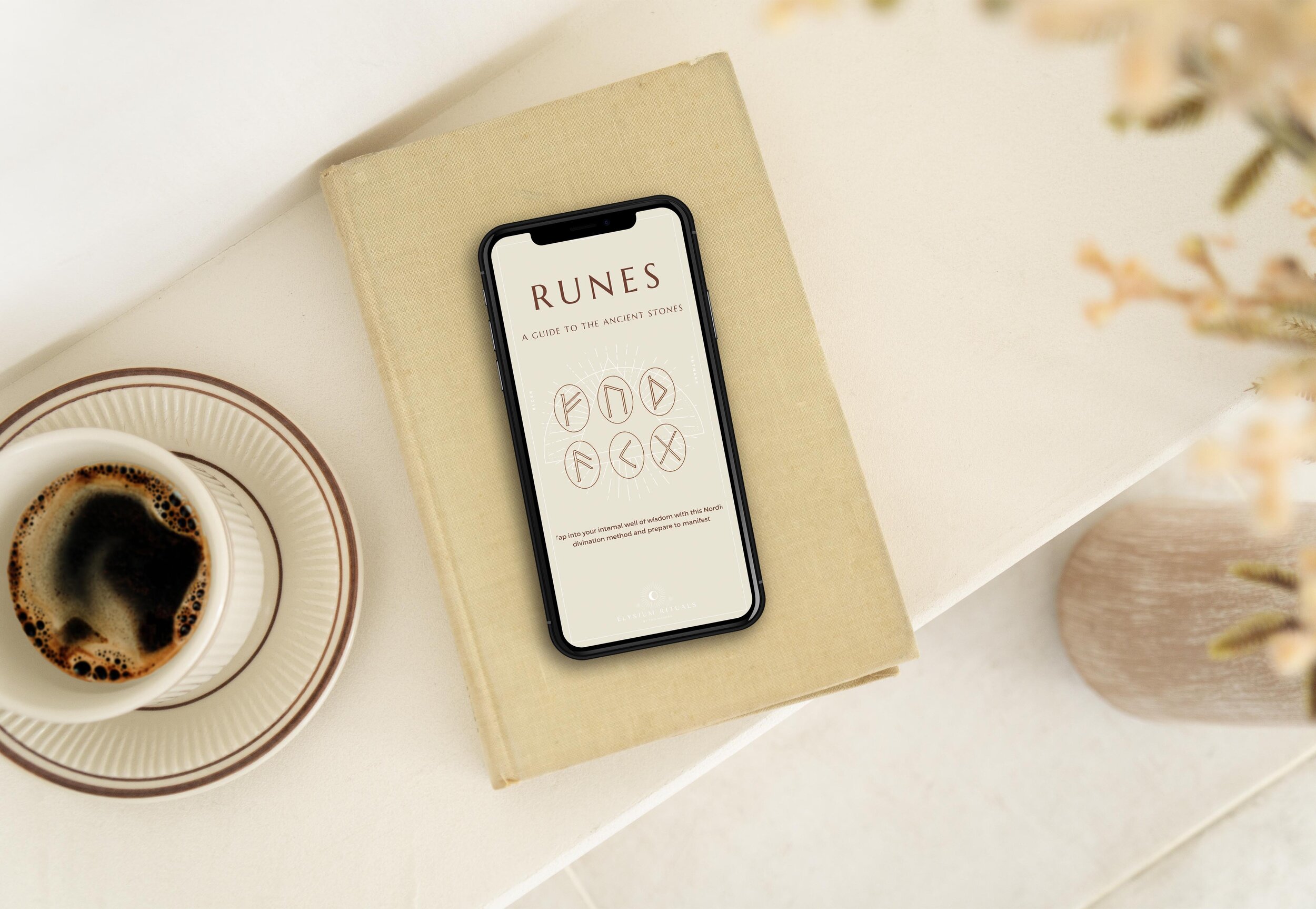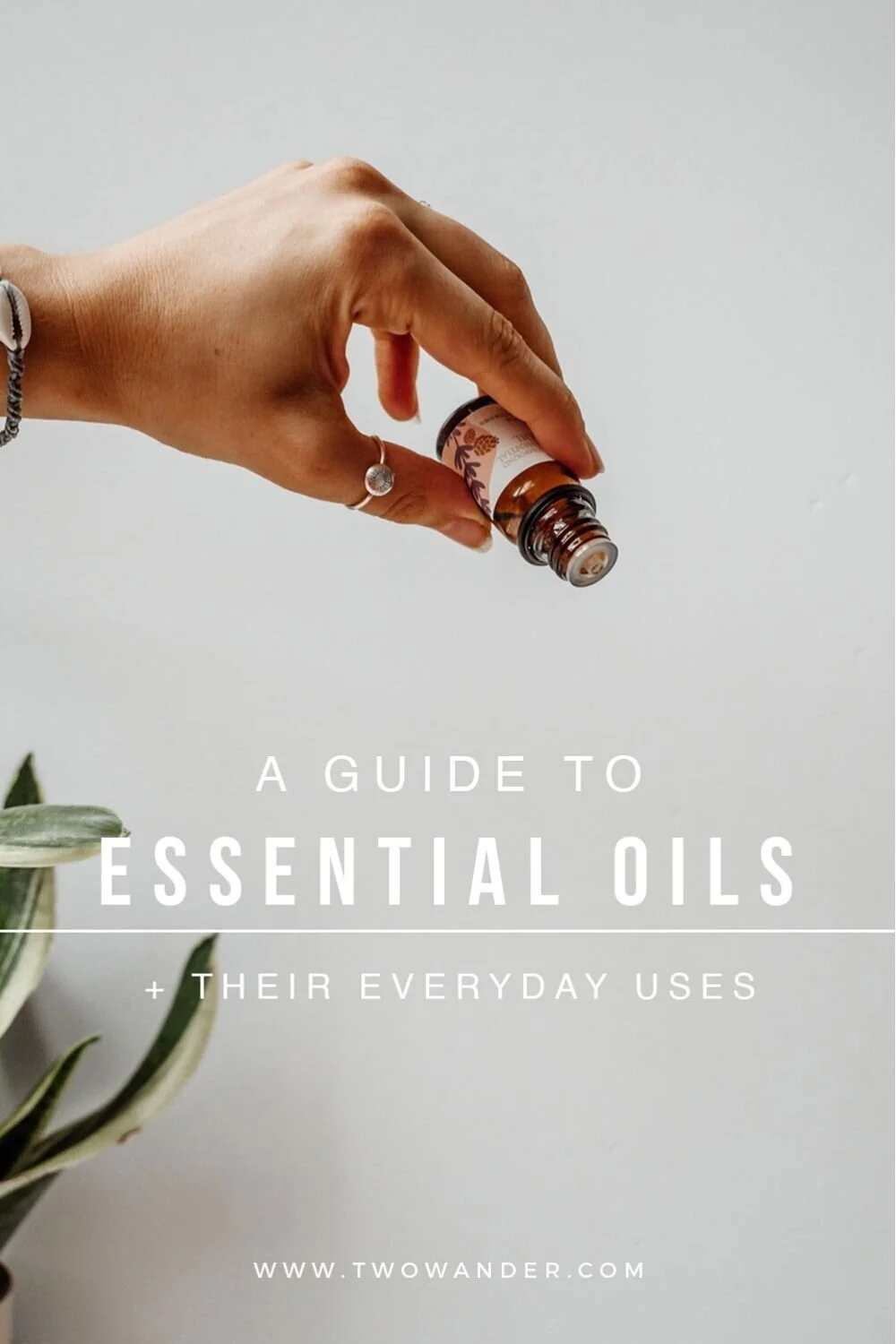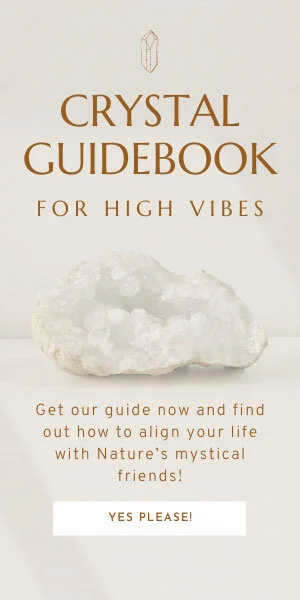Everyday Uses For Essential Oils Guide
Please note this post may contain affiliate links. If you choose to purchase through these links, we may receive a small commission at no extra cost to you. By using these links you are directly supporting Two Wander to continue providing you with free content to stoke your curiosity for conscious wandering + holistic well-being. Thank you!
A Guide To Using Essential Oils
I’m a HUGE fan of essential oils, I’ve been using them for years and love them so much! They help me with everything from fatigue and relaxation to PMS and skin care. Whether you want to diffuse them or make products with them, there’s a benefit and use for every potent essential oil under the sun. These little guys pack a serious punch so read on to find out about what are the best essential oils and an easy guide on how to incorporate them into your routine for every day use:
What Are Essential Oils?
Essentials oils are the “oil” that’s left behind after various extraction methods of a specific plant or fruit. There are different methods of extraction such as cold-pressed (like with olive oil) to steam distillation (like with traditional perfume), because of this, they are extremely concentrated and should be used with caution.
Dilution is absolutely key, never apply them neat directly to the skin and always perform a 24 hr patch test first. Because of their strength, it’s also generally not recommended to ingest them and be especially careful around pets, babies, and if you are pregnant. You can see which ones are safe for these groups here and here.
As a reference point of their strength: one drop of peppermint essential oil equals 29 cups of tea and a small bottle of lemon essential oil is equivalent to 45 lemon rinds. You wouldn’t normally interact with such high quantities of these ingredients so precautions should be taken to ensure a proper ratio with a carrier oil is used.
This is also why the price can differ greatly among them, for example one bottle of rose oil takes 250,000 cold-pressed rose petals! On average, essential oils are up to 75 times more powerful than dried herbs. For this reason, it’s important to use essential oils sparingly and treating them as the precious materials that they are and ensuring their sustainability.
It’s also suggested to not diffuse essential oils for more than one hour so that the particles don’t fill the air space for too long, and allow for adequate ventilation whilst diffusing. And just because they’re natural doesn’t mean that they’re safe- always buy from a reputable source and make sure to get organic if possible.
A great plus for essential oils is that they are often safer than candles (unless using soy or beeswax candles scented with only essential oils from a trusted company) and incense (which is often full of binding chemicals and fragrance). I personally really love the brand Naissance because they are organically made in the UK and affordable.
Essential oils have been around for a long time and were first used between 3000-2500 BC by the Ancient Egyptians. Their uses extended from beauty care and physical wellbeing to culinary and spiritual practices.
Due to the different chemical makeup of the oils, different ones have different properties and are best suited for different needs. Nowadays, we have plenty of studies done on various essential oils to determine their efficacies for certain uses.
For example, ginger oil has been shown to be as effective as over-the-counter pain medication (which is why I apply it every month as a part of my bid to get rid of PMS)! One of the most famous essential oils, lavender, has been clinically proven time and again to be physiologically effective at inducing sleep (this is my favourite essential oil and is essential (pun intended) for my nighttime routine, which you can read more about here).
Other studies show that tea tree oil, amongst others, are extremely effective at killing bacteria, whilst others prove the efficacy of oregano oil for the immune system (this is one of the few that you can ingest- check out our post on how to keep a strong immune all year long here)!
Read on to find out more all about essential oils- which are the most popular, their properties, the best combinations and their myriad of uses:
How To Use Essential Oils
Essential oils have an extremely long list of products and uses that they can be used for including cleaning, diffusing, perfume, air freshener, cosmetics, disinfecting airborne bacteria, candles, soap, fabric softener, period cramps, migraine relief, fatigue, mood boosting, sleep and relaxation, anxiety and stress relief and many more!
There are some popular uses that I wouldn’t recommend because they can actually be too strong, for example as mouthwash, studies have shown that mint and tea tree oil can actually end up killing too much bacteria, including the good guys!
In relation to skin care, they can be used for anything from eczema to psoriasis, to acne and scars, to pigmentation and sagging. To benefit from their properties you can make a face mask with them, add them to your face wash or face cream, or simply create a face spritz to use throughout your day. NOTE: citrus oils are photosynthesising so you should dilute them even more if you plan on using them on your skin and always wear suncream if going out in the day.
Commonly used carrier oils for mixing include coconut oil (which I personally only recommend for perfume, because it smells delicious, but not skincare because it’s a number 5 on the comedogenic scale meaning it can block your pores), almond oil, and jojoba oil with a 2% concentration maximum for adults (about 15 drops per 30ml) or 1% for children and the elderly.
Using a carrier oil also ensures proper mixing and application so it’s evenly distributed (which is especially important for something like a bath where if you add loose drops straight to the tub, your skin could come into contact with an undiluted drop directly)! Tea tree and lavender are technically the only oils that can be applied directly to the skin (but still double check with a patch test if you have sensitive skin).
16 popular essential oils and their different benefits:
1. LAVENDER - This is my ALL TIME favourite essential oil, I love it so so much. I use it in my body cream, face wash, face oil, perfume and diffuse it nightly and add a couple of drops to my pillowcase to send me off to sleep like a baby. It’s also a great tool for me to use with deep breathing if I happen to wake up in the middle of the night to help me drift back. Lavender essential oil is also really good at calming other things too, such as your skin. It’s great if you have sensitivities and can help heal wounds, relax sore muscles and prevent dandruff!
2. PEPPERMINT - This is my second favourite oil, I love it’s yummy menthol scent and diffuse it every morning in my energising blend for a great pick-me-up! Peppermint oil is also really effective for relieving headaches and is my absolute LIFESAVER for car sickness! It’s also really good for sunburn relief and as a natural bug repellent (especially spiders, they hate it for some reason so you can rub some around the perimeter of your house/windows etc. to deter them).
3. LEMON - This is another one that I really love and diffuse it daily at lunchtime with orange for a delicious mood-booster. It’s also a really great antibacterial so is good for homemade cleaners and deodorants, and can help relieve coughs too.
4. TEA TREE (Maleluca) - This is an antibacterial powerhouse and as such, is a great addition to any type of cleaning product or disinfectant for wounds, acne etc. I also like to add it to more my morning diffuser blend to help clean the air. It can help prevent dandruff as well.
5. FRANKINCENSE - The holiest of the bunch, Frankincense is deeply rooted in ancient and modern religious practices. It can also help skin pigmentation and improve elasticity so is really good for anti-aging! I add it to my face wash and face oil mainly but it’s also a great earthy scent for grounding if you want to diffuse it too or use it in perfume and is said to aid with coughs.
6. EUCALYPTUS - Another great menthol smell, eucalyptus is really great for clearing coughs and stuffy noses, I recommend adding a couple of drops to your bath, shower or do a steam if you have a blocked nose. You can also diffuse some directly in the mornings for a nice energy boost. It’s another great antibacterial too, recent research in Current Microbiology, showed that eucalyptus oil can inhibit S. pneumonia, H. influenza, and parainfluenza! It can also be used to kill mould and ease insect bites.
7. YLANG YLANG - I really love the smell of exotic, vanillary, floral ylang ylang essential oil and frequently use it in my perfumes (as does Chanel No.5)! It’s also a great relaxer so it goes in my nightly diffuser too. Other uses include endocrine balancing and aphrodisiac.
8. BERGAMOT - A great bitter citrus scent, bergamot oil is considered the ultimate antidepressant. It can also help alleviate a lack of appetite (you’ll be familiar with this smell if you like Earl Grey tea) and is a really yummy one to diffuse at lunch or in the afternoon - and 40,000 reviewers of the link above think so too!
9. OREGANO - Oregano essential oil has 2 main ingredients, carvacrol and thymol, which both have shown to have strong antibacterial and anti-fungal properties. For this reason, it’s a great immune booster and has been shown to shorten cold and flus.
10. GINGER - As mentioned above, ginger is a really effective pain reliever, it can also help with nausea, improve digestion and reduce swelling. I use it every month with great success for PMS symptoms.
11. CHAMOMILE - As you might guess, chamomile is a great anxiety and stress buster while also being a natural sedative. It’s calming properties make it a great addition to skin care products too.
12. JASMINE - I love love love the smell of jasmine, it’s so luxurious. Similar to ylang ylang, I use it in my perfumes and for aromatherapy at night for its excellent relaxing benefits. Jasmine is often solvent extracted and tends to be one of the more expensive ones out there but totally worth it to use as a special gift to yourself.
13. ROSE GERANIUM - I also really love the smell of this one so frequently use it in my perfumes too. It makes a great bug repellent so it’s a double whammy in that respect when I use it! As it’s super soothing, it makes a great addition to beauty products as well.
14. CLARY SAGE - Said to be an excellent hormone balancer, it’s great for period cramps too. In a 2013 study, women who smelled clary sage experienced reduced blood pressure and breathing rates; they were also able to relax during a stressful medical exam. It may help with memory and attention too!
15. CINNAMON - A yummy spicy oil, cinnamon may stoke the area of the brain that governs alertness. For example, research found that drivers were more focused and less flustered after breathing in cinnamon-oil scents so this is another great one to diffuse in the morning.
16. LEMONGRASS - Similar to lemon, this tangy oil can help to curb worry by being an instant mood booster. People in one study who were exposed to lemongrass essential oil immediately saw anxiety and tension levels slashed, and they recovered more quickly from a stress-inducing situation compared to those who didn't inhale the scent. Bonus perk: It helps keeps insects away!
Honestly, I could go on and on about the amazing benefits of different essential oils but to cover a wide range of bases, these are a good starting block. But really, you could just go for any oil you like the aroma of and search what its properties are and then use it accordingly, or research what you want to achieve and then find which essential oil will best achieve that. The possibilities are endless!
7 essential oil pairings for maximum benefit:
On top of the properties they’re specifically good for, essential oils can also be chosen based on smell alone. Depending on whether an essential oil is more woodsy, floral, or citrusy and whether it would be considered a base, middle, or top note (how long its aroma lingers), determines which combinations would make the best pairings.
You generally want to go with 1-2 base notes, 1-2 middle notes and 1-3 top notes and pick if you prefer a woodsy/floral, woodsy/citrus or floral/citrus scent.
If you prefer a more scientific approach, a selection of the combinations below form the most effective pairings for a synergistic effect:
RELAXATION + SLEEP: Lavender, Ylang Ylang, Geranium, Rose, Chamomile, Jasmine, Vetiver, Patchouli, Sandalwood (a great earthy stress-reliever).
ENERGY + CONCENTRATION: Peppermint, Rosemary, Tea Tree, Eucalyptus, Cinnamon, Orange (an excellent mood-booster), Lemon.
MOOD-BOOSTING: Lemon, Orange, Bergamot, Jasmine, Lavender, Frankincense.
HEADACHE RELIEF: Peppermint, Lavender, Rosemary, Chamomile, Eucalyptus.
PMS: Clary Sage, Black Pepper, Geranium, Grapefruit (a mood-booster that lowers blood pressure), Orange, Lavender, Frankincense, Cyprus, Cinnamon.
ACNE + GENERAL SKIN BENEFITS: Tea Tree, Lavender, Peppermint, Rosemary, Frankincense, Oregano, Eucalyptus, Lemon.
DISINFECTING: Tea Tree, Lavender, Lemon (with Cinnamon and Clove to make “Thieves oil”), Eucalyptus, Orange, Pine, Peppermint, Thyme.
My personal favourite essential oil blends:
I use essential oils in all of my self care products and they’ve greatly helped my skin health by using them in my homemade face wash, moisturiser, face oil, face mist, deodorant, perfume, body cream and more!
Usually, for skin I go for lavender, frankincense, geranium, rose, ylang ylang and tea tree for their antibacterial, repairing, healing and soothing properties. You can see some of the cosmetics I make more in detail here. Then, every morning I diffuse my energising blend of mint, tea tree and rosemary (which is also said to aid concentration), a happy daytime blend of orange, lemon and bergamot, and a sleepy nighttime blend of lavender, ylang ylang and jasmine.
If it seems like it’s a lot, you can start with just a couple of broad heavy-hitters and work your way up from there, each bottle lasts for so long too. In that instance, I would personally recommend starting off with mint, orange/lemon and lavender so you can cover all your bases from an energizing, mood-boosting and relaxing perspective, as well as antibacterials and soothers accordingly. Plus, that way you have a wide variety of scent types too.
So that’s an overview of the everyday uses for essential oils! I really hope this guide has been of some use to you and that you can start to incorporate some essential oils into your life to see just how awesome they really are for yourself! If you already use essential oils, I’d love to know if there’s any I’ve missed or what else you use them for- I’m always looking to expand my list! Let me know in the comments section below, or add in any other related questions you might have and I’d be happy to try and answer them :)




